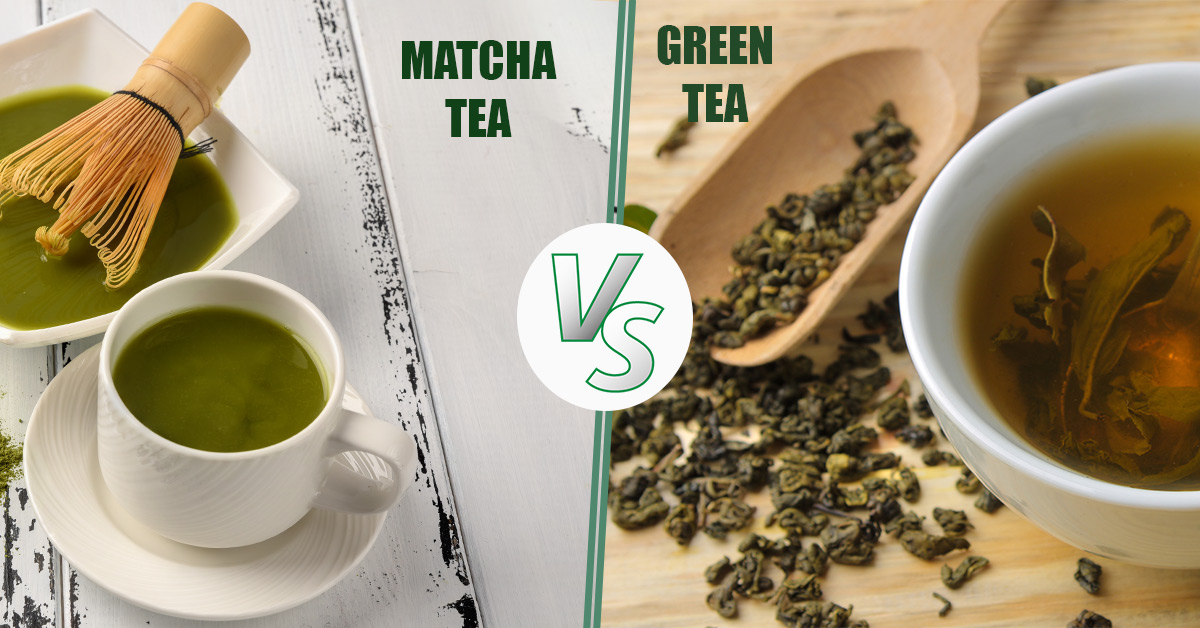WHAT HAPPENS TO OUR BODY WHEN WE CONSUME PROTEIN
The health benefits of it!

Matcha Tea or Green Tea? What Are the Differences and Which One Should You Choose?
Matcha tea has become very popular in recent years among tea enthusiasts, thanks to its unique properties and distinctive flavor. But what exactly sets it apart from classic, well-known green tea?
1.Cultivation & Processing
Both matcha and green tea come from the same plant , Camellia sinensis , but their properties differ due to the way they are cultivated and processed.
Green tea is grown under the sun. Its leaves are harvested, quickly heated, dried, and typically sold in tea bags. When steeped in hot water, they produce a tea with a dark green to brown color.
Matcha, on the other hand, is grown in the shade before harvest. The whole leaf is used rather than just steeped. After harvesting, the leaves are stone-ground into a fine powder with a vibrant green color.
2. Calories
Both green tea and matcha are very low in calories, making them excellent choices for those watching their weight. For reference, 1 cup of green tea contains about 2 calories, while matcha provides approximately 4 calories per serving, depending on the variety.
3. Nutritional Value
Green Tea:
Matcha Tea:
Safety and Potential Side Effects
Both green tea and matcha are generally considered safe. Potential side effects are mostly related to their caffeine content.
In Summary both are excellent sources of antioxidants, low in calories, and offer numerous health benefits. The main difference lies in the fact that matcha uses the entire tea leaf, which means it delivers higher concentrations of caffeine, antioxidants, and overall potency.

Responsible for the informational blog of votanotherapeia.gr
